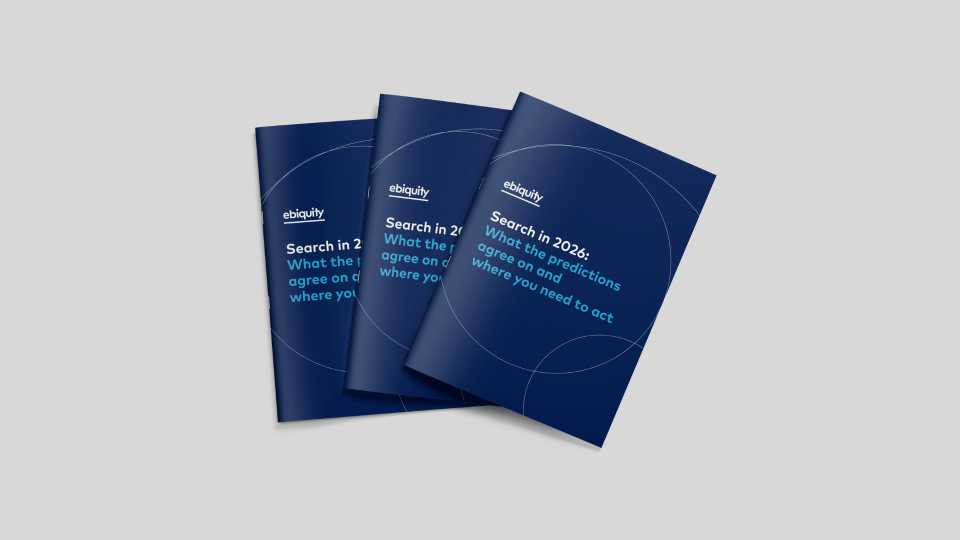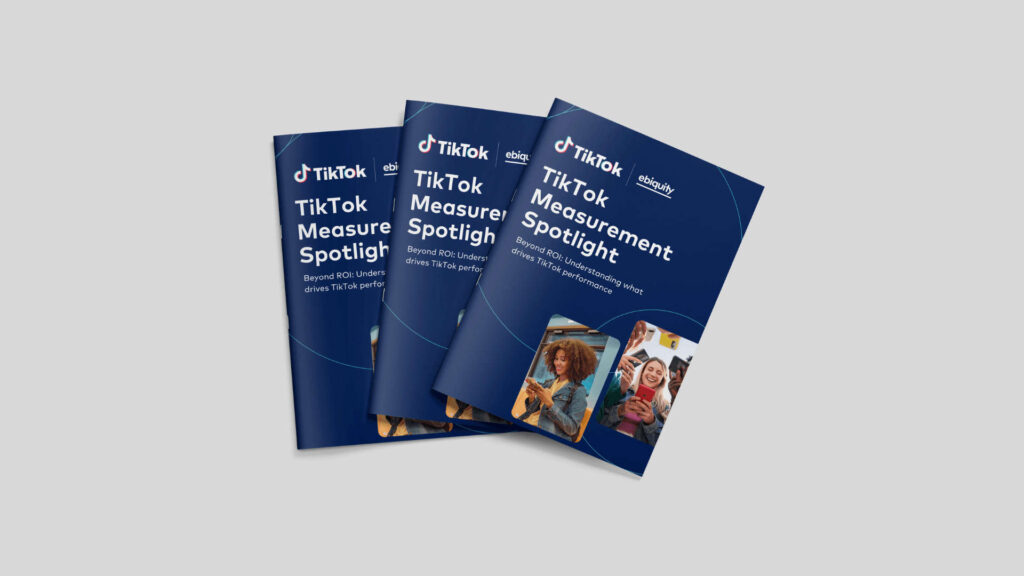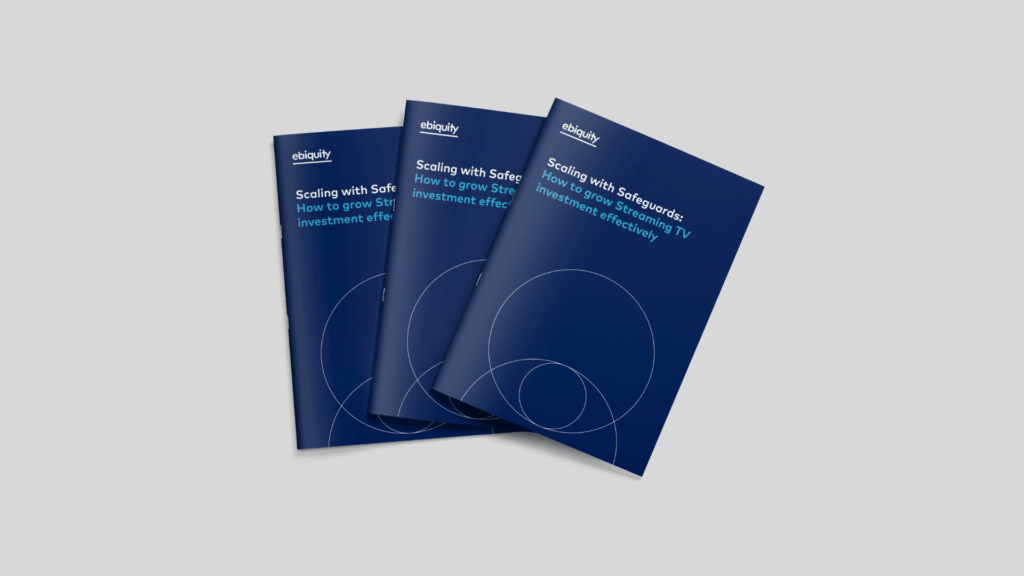Marketing budgets are coming under increasing pressure and heavy scrutiny from finance directors in the volatile and unpredictable 2022 marketplace, according to new research. Nevertheless, some of the UK’s biggest brands remain committed to maintaining planned investments in media despite the threat of recession.
A new study from the Incorporated Society of British of Advertisers (ISBA) and Ebiquity assessed the intentions of 59 brand advertisers. The sample included three of the UK’s top 10 advertisers by spend and 11 of the UK’s top 50 advertisers; all respondents collectively invest more than £1.5bn in advertising.
Three quarters of respondents in the sample (69%) “agree strongly” or “agree” that 2023 budgets are under heavy scrutiny, with marketers required to justify investment.
Shift to short-termism
The big change in behaviour seen in the research is a different emphasis in the way that money will be allocated next year, with greater emphasis on short-term, brand marketing. Thirty-one per cent of respondents say they will seek to boost branding, compared to 22% who are focused on increased performance spend in 2023.
Digital further outpaces growth in offline media, with 33% saying they will increase spend either slightly or significantly, with offline media such as TV, radio, print, and outdoor likely to suffer. Nearly forty percent of respondents are planning to cut offline investments.
Media channel divergence
Linear TV is expected to be hit hardest, with 67% of respondents expecting to decrease their investment in the channel in 2023, largely driven by the continued growth of Advanced / Connected TV with 53% of respondents expecting to increase their spend. Digital Audio, Digital Out-Of-Home, Paid Search and Paid Social have a positive outlook in light of wider economic conditions; with Print, Out-Of-Home and Digital Display falling behind.
Contrary to results from a similar study undertaken by Ebiquity and the WFA, surveying global advertisers, Retail Media investments in the UK are expected to stagnate or even slightly decrease in 2023. Maturity of the channel is behind on the US, where large retailers have successfully introduced digital media offerings on their properties.
“The survey clearly shows the impact of recession on the spending plans of major brands.” said Phil Smith, Director General at ISBA. “While there’s a fine balance between the number intending to concentrate more on investment in brand and those spending more on performance, there’s a general shift towards more flexibility of commitment and a significant swing towards digital delivery in every medium.”
“Brand owners are sensibly positioning themselves for the anticipated recession by building more short term flexibility in their budget planning. But it is encouraging to see the commitment amongst many advertisers to maintain and even increase brand building activities. Evidence from past recessions demonstrates that brands which continue to invest for the longer term gain market share and emerge from the downturn faster and stronger.” said Nick Waters, Ebiquity’s Group CEO.









